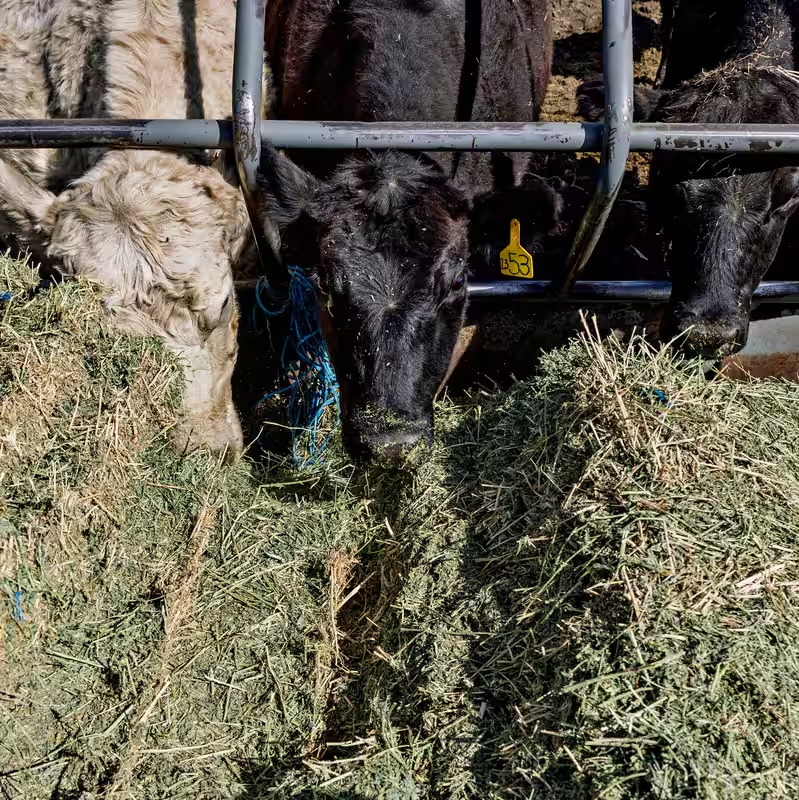Table of Contents
- Trump’s Beef Import Bid
- Why Argentina?
- Rancher Backlash
- A Policy Contradiction?
- What This Means for Consumers
- Sources
Trump’s Beef Import Bid
In a surprising policy shift, former President Donald Trump is pushing to import beef from Argentina in an effort to lower soaring U.S. meat prices. The move, revealed during a recent campaign stop, has raised eyebrows across the agricultural sector—especially among American cattle ranchers who once counted Trump as a staunch ally.
“We’re going to bring in high-quality beef from Argentina—great beef, very cheap—and that’s going to bring prices down for American families,” Trump declared, framing the proposal as a consumer-friendly fix to inflation-driven grocery bills.
Why Argentina?
Argentina is one of the world’s top beef exporters, known for its grass-fed cattle and relatively low production costs. With U.S. retail beef prices up over 12% year-over-year, according to the Bureau of Labor Statistics, Trump sees an opportunity to leverage foreign supply to ease domestic pressure.
But importing beef runs counter to Trump’s long-standing “America First” economic doctrine, which emphasized boosting domestic production and reducing reliance on foreign goods—particularly in agriculture.
Rancher Backlash
U.S. cattle ranchers are not pleased. Many feel betrayed by a leader who once championed tariffs and trade policies designed to protect American farmers.
“This isn’t just about competition—it’s about principle,” said Mark Jensen, a third-generation rancher from South Dakota. “We’ve supported Trump through thick and thin. Now he’s opening the door to foreign beef while our own operations struggle with rising feed and fuel costs.”
Industry groups like the National Cattlemen’s Beef Association have issued statements expressing “deep concern” over the proposal, warning it could undercut domestic prices and destabilize an already fragile market.
A Policy Contradiction?
Political analysts note the irony in Trump’s pivot. During his presidency, he imposed strict import quotas and renegotiated trade deals like USMCA to favor U.S. agricultural exports. Now, seeking voter appeal amid rising cost-of-living concerns, he appears willing to sacrifice rancher loyalty for short-term economic optics.
“It’s classic Trump: prioritize the headline over the long game,” said Dr. Elena Ruiz, a trade policy expert at Georgetown University. “But ranchers won’t forget this ahead of the 2026 midterms—or 2028.”
What This Means for Consumers
If implemented, increased beef imports from Argentina could temporarily lower supermarket prices. However, economists caution that the effect may be limited:
- Import logistics and tariffs could offset cost savings
- U.S. food safety and labeling standards may slow entry
- Long-term market disruption could hurt domestic supply chains
Still, for budget-conscious shoppers, the promise of cheaper steaks and ground beef is politically potent—even if the policy lacks consistency.
Sources
Trump Hopes Argentina Can Help Bring Down Beef Prices – The New York Times




